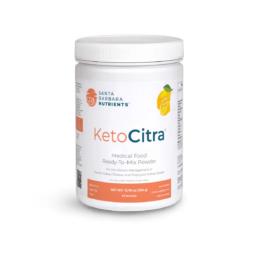Love is good for our kidney health! Human beings flourish from social relationships and connections, and according to the Harvard Medical School, social connections may be as important to our long-term health as adequate sleep, not smoking, and a good diet. One study that looked at data from over 300,000 test subjects found that strong social relationships decreased the risk of premature death by about 50%.
Giving support, affection, help, and advice can be as much beneficial as receiving in triggering the release of stress-reducing hormones. Social relationships can relieve stress which has a positive effect on heart health, insulin regulation, and the immune system , which has a tremendous impact on kidney health.
[bctt tweet=”Social relationships can relieve stress which has a positive effect on heart health, insulin regulation and the immune system, which has a tremendous impact on kidney health. ” username=”inkidney”]
The positive value of personal relationships is undeniable in feeling good about oneself and others in your life. This is thought to be particularly related to the release of two biochemicals, a hormone called oxytocin, and a neurotransmitter called serotonin.
The Role of Oxytocin
Oxytocin is a hormone that acts on organs in the body as a chemical messenger in the brain, controlling aspects of the reproductive system, including childbirth and lactation, but also, oxytocin can impact human behavior. Often called the “love hormone”, oxytocin is produced by the brain in the hypothalamus and secreted into the bloodstream by the pituitary gland. Oxytocin is essential in social behaviors such as sexual arousal, establishing trust, managing anxiety, facial emotion recognition, and in mother-infant bonding. Low levels of oxytocin have been linked to symptoms of depression and anxiety. Building strong social relationships promotes the release of oxytocin.
Serotonin and Kidney Health
Serotonin is a neurotransmitter produced in the brain and gut. It helps regulate mood and influence social behavior, appetite, digestion, sleep, memory, and sexual desire and function. Therefore, managing levels of serotonin can impact several areas associated with kidney health, including the gut-kidney relationship, the effect of sleep on kidney health, and even the dietary decisions we make.
What if a Relationship Went Sour?
On the flip side, when social relationships turn negative, they can influence a slew of stress-related outcomes. For example, strains in a marriage have been shown to have a direct negative impact on health outcomes for cardiovascular disease, diabetes, and immune function. When this kind of relationship stress happens, even in childhood, it can have a long-lasting impact on health habits such as dietary choices, excessive alcohol consumption, and smoking. Being aware of the cause of unhealthy habits may require that we work with a marriage counselor or mental health or behavioral professional to gain insight into our own personal histories in order to make the changes necessary to make new healthier habits.



